Obviously there are movies you like you’d watch a million times. Those aren’t what we’re talking about here. What we’re talking about are those movies that can’t be fully appreciated in a single sitting. You might love them right away, but it could take you another handful of viewings before you truly understand what’s happening in the plot or you’ve finally heard every joke or caught every background detail. And that’s exactly why you love them. Because they’re not cinematic one night stands. These are long term relationships that take time to perfect.
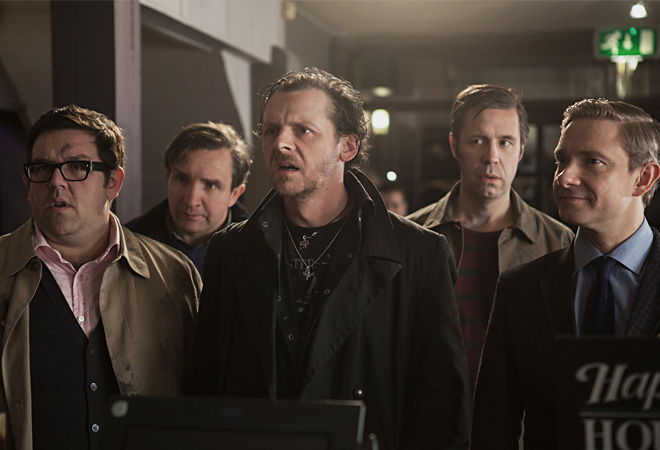
The Cornetto Trilogy
A lot has been said about Edgar Wright’s ability to pack a film full of subtlety, and for that, we think his collaborative trilogy with Simon Pegg deserve a top spot on this list. There’s so much going on in the movies that it takes far more than one viewing to fully appreciate the work being done, particularly the foreshadowing. The individual movies even interact with each other, including the recycling of certain cast members, recurring visual gags, ice cream flavors, and the way they treat their respective genres. These are excellent movies by any measure. They fully deserve the heaps of praise they get and the rewatches they accumulate. And you should have known we’d be including them on a list like this, because we’ve haven’t exactly been shy about how much we love his movies. Shaun of the Dead | Hot Fuzz | The World’s End
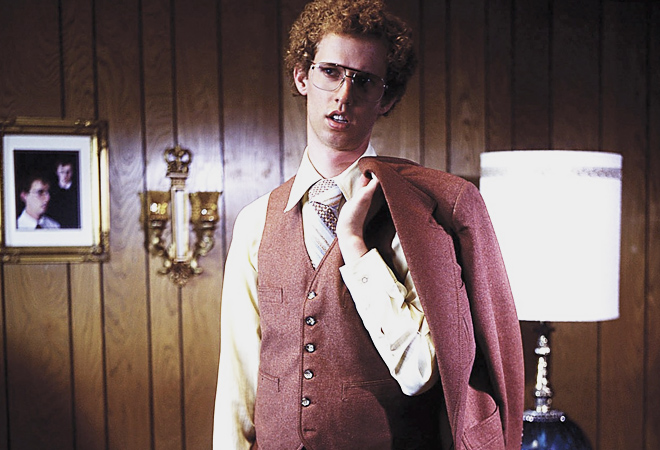
Napoleon Dynamite
One of the most common stories we hear about Napoleon Dynamite is how miserable some people were the first time they watched it. The jokes didn’t land. The production value was horribly low. The characters were annoying. But something switched for most of them and their second time around somehow made them realize the movie was the work of a comedic genius. We weren’t like those people, as we loved the movie right away, and we totally get not liking it, but we’re glad they changed their minds. There’s no plot beyond “these are the things that happened to Napoleon today,” except maybe the extremely loose interpretation of Napoleon Dynamite’s journey to getting friends, but we wouldn’t have it any other way. It’s the character’s who make the movie memorable, so the more time we can spend with them, the better.
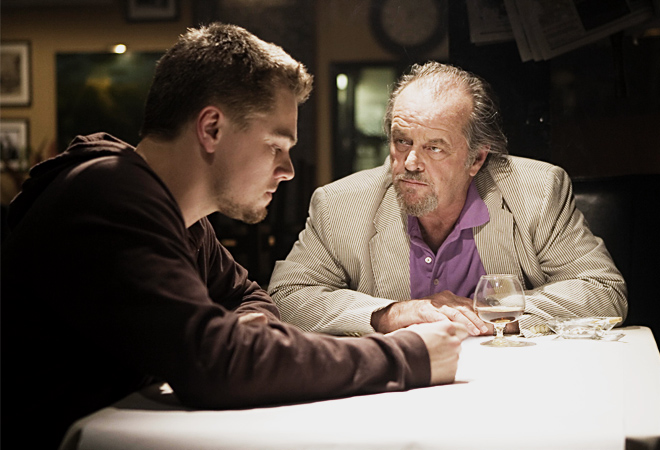
The Departed
The Departed took us a little while to put together. The first time we watched it, we liked it well enough as a law enforcement movie. There was action, Boston accents, great performances from some of our favorite actors. But as we watched and rewatched and rewatched again, we began to understand more about the movie. We pieced together different character’s agendas, noticed details we hadn’t seen before, and finally understood why parts of the movie felt fractured and disjointed. Queenan and Dignam working together made sense (ultimate good cop/bad cop), modern technology and society was bleeding into the traditionally Irish city (cell phones are super important and the convenience store from the beginning is taken over by a Middle Eastern immigrant), and the pacing attempts to capture how Costigan is feeling as an undercover cop, even if he’s not on screen. If you spend time dissecting this movie, you’ll be better off than having gone to film school.
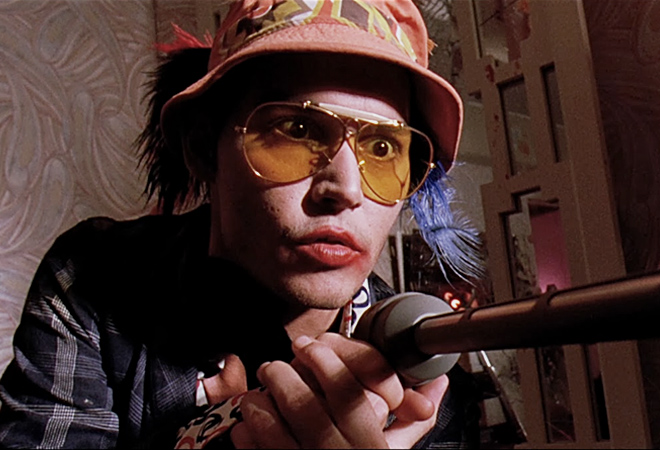
Fear and Loathing in Las Vegas
The first time we saw Fear and Loathing in Las Vegas we thought it was a comedic bender through parts of Las Vegas. The second time, we realized why it had such an ominous title. This wasn’t a fun romp through a town with no inhibitions. This was a poorly planned press trip with a “lawyer” who was as likely as not to kill the main character. Those sorts of benders only really work if the people involved trust each other to not try and electrocute themselves in a ruined hotel bathroom. Plus, the second viewing makes it a lot easier to piece together whatever plot is present in the movie. You follow the chain of events a lot easier once you’ve gotten used to the spectacle the drugs frequently induce. Although, to be fair, it’ll be a handful more viewings before things really start to make sense.

Fargo
Every Coen brothers movie demands a rewatch, if only because their movies are so good, but we think it goes a bit deeper. Since their films are so character driven, we’ve found that it often takes more than one pass to truly understand why certain people act a certain way, and Marge from Fargo might be the best example. She’s hands-down the most capable cop we’ve ever seen in a movie, which is something we didn’t realize until we’d seen everything else. She’s quick-witted, intelligent, manipulative, and observant, but so subtly that if you didn’t know what to look for, you’d never see what she was doing.
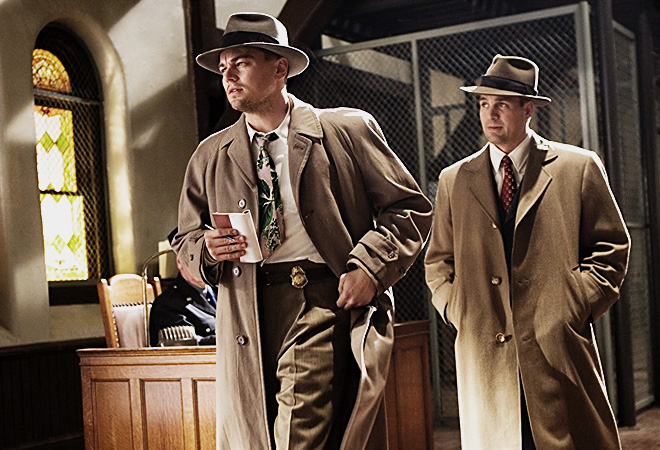
Shutter Island
Shutter Island isn’t as straightforward as Scorsese usually makes. Most of his movies’ plots are reasonably easy to follow, but Shutter Island makes a point of being convoluted and difficult. It’s hard to know who’s lying, even when the credits are rolling. We’d say the only reason this one wasn’t the summer twist everyone was talking about was because Inception came out the same year (a movie that could’ve been on this list, but we like Shutter Island a bit more, since it doesn’t have the obligatory Nolan expositional vomit scenes). There’s the added benefit that on a second visit, Shutter Island isn’t nearly as frightening, so you can focus more on what people are actually doing and saying.
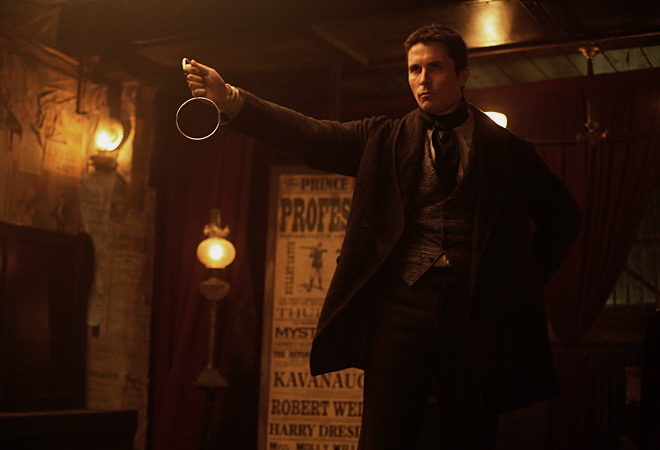
The Prestige
People should rewatch The Prestige the way people rewatch a magic trick. You want to see what you didn’t see or weren’t allowed to see before the magician told you how they pull off whatever it is they’re attempting. You can see the misdirection and watch the technical steps of the trick and marvel at how you were so easily fooled the first time. To us, a second viewing of The Prestige really is that simple. It’s the simplest motivation in magic. You want to see how it was done in the first place. Netflix
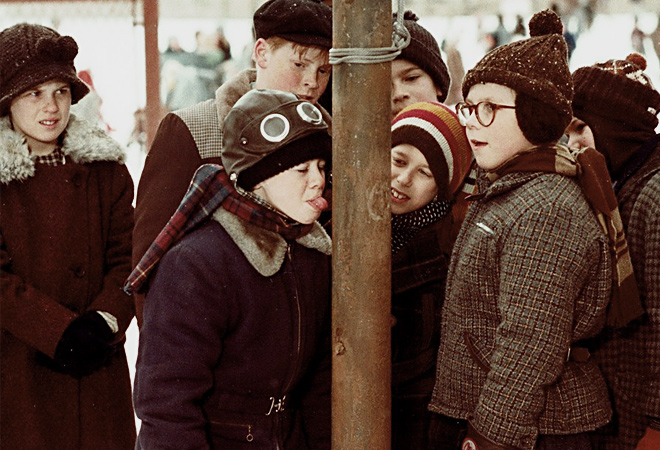
A Christmas Story
People are always talking about movies that change depending on how old you are when you watch them. You understand the jokes better, you identify with different characters, you suddenly realize the movie wasn’t all that good in the first place. But the common thread through all those is that your appreciation for the movie has completely shifted. To us, A Christmas Story is different because subsequent viewings add to, rather than change, your appreciation for the movie.
For example. When you were little, all you thought about was how much Ralphie wanted his BB gun, which you understood, because every Christmas before the age of twelves was focused on that one single gift you wanted the most. Then, as a teenager, you understood more of the awkwardness of growing up and trying to balance school, family, and friends. After that maybe you started to appreciate how tightly written the script was and how clever the jokes were. The parents’ relationship changes based on your age too. But the point is, nothing from your earlier viewings ever went away. All those Christmas and family feelings stayed with the movie, you just added more adult understanding on top. It’s a special movie that can capture those same feelings viewing after viewing and not fall victim to diminishing returns.
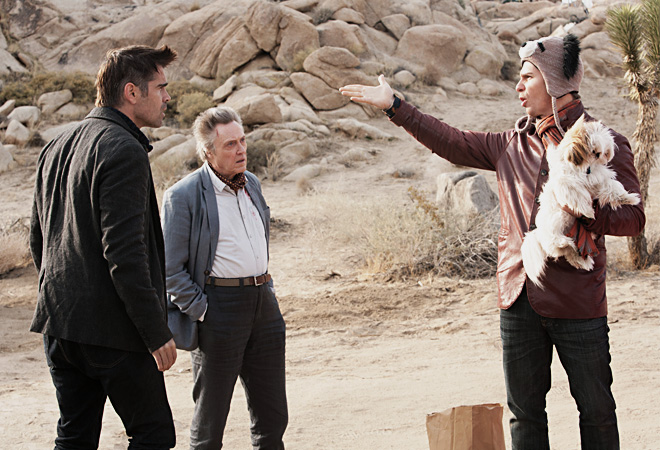
Seven Psychopaths
We talk a lot about In Bruges because In Bruges deserves to be talked about a lot. But that puts Martin McDonagh’s Seven Psychopaths in a bit of a shadow, which doesn’t seem fair to us. It’s full of the same kind of excellent wit and dark desperation and is intensely character driven, just like everything else McDonagh’s made. But, unlike most of his other work, where the second viewing is because we liked it so much, Seven Psychopaths changes the beginning once you’ve seen the ending. You can trace character motivations and find some subtle ticks and clues that point you toward the end, with stuff you’d never have picked up on before you knew what to look for. Plus there are a few weighty scenes that take on a significantly different feel once you’ve watched the movie through once. Amazon Prime
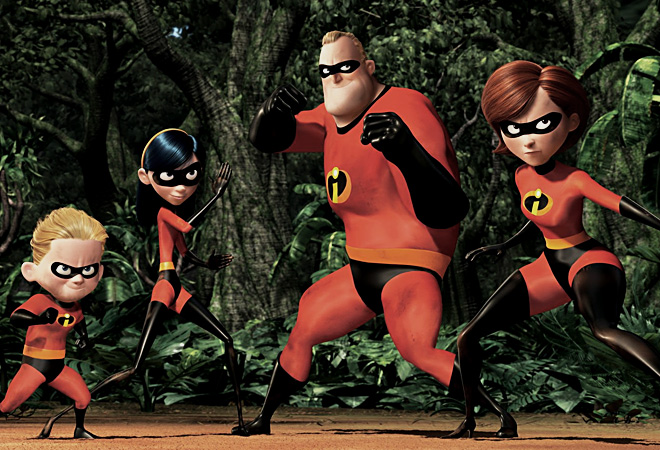
The Incredibles
Multiple viewings of The Incredibles is similar to multiple viewings of A Christmas Story, though with less holiday themed roots. Since the family is a fairly traditional American nuclear family, with someone from every age group finding a foil, there’s a solid foundation for empathy from audience members at every life stage. Putting a few years in between viewings can drastically change who you relate to too. Young girls who loved the superhero aspect of the movie might now find a sympathetic character in the stressed out Mrs. Incredible. Guys who identified with the awkwardness of Dash’s preteen years might now be stuck in jobs that closely resemble the one Mr. Incredible is exasperated with. And anyone can identify with the struggles of family life, even if no one they’re related to has superpowers.




